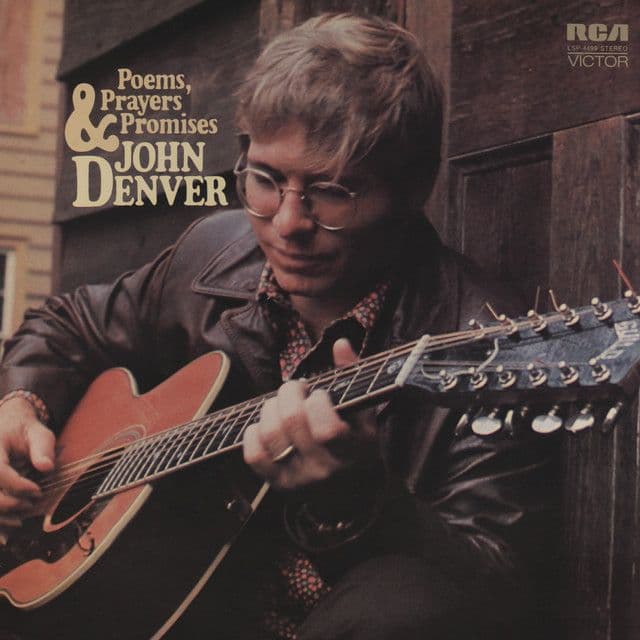
An Ode to Simplicity: John Denver’s Enduring Wisdom
A heartfelt reflection on a life well-lived, measuring its worth in simple truths, love, and shared dreams.
There are certain songs, aren’t there, that feel less like music and more like a cherished letter from an old friend—a gentle echo from a time when life seemed less frantic and more grounded in simple, profound truths. For those of us who came of age during the 1970s, the music of John Denver holds a special, sun-drenched place in the archive of our memories, and few songs distill his entire ethos quite like “Poems, Prayers and Promises.”
Released on April 6, 1971, as the title track of his fourth studio album, “Poems, Prayers & Promises,” this reflective gem wasn’t an explosive chart-topper in its single release, but the album itself was a profound breakthrough. It was the record that truly launched Denver to superstardom, largely thanks to the inclusion of the iconic “Take Me Home, Country Roads,” which hit No. 2 on the Billboard Hot 100. While the titular track didn’t have the commercial frenzy of its celebrated companion, the album it anchored eventually climbed to a respectable No. 19 on the US Billboard Top LPs & Tape chart—a remarkable achievement for a contemplative folk-country album in a rock-dominated era. It became his second Top 20 album after being reissued in 1973 following the success of his hit “Rocky Mountain High.”
But chart positions, for a song like this, are a secondary measure of success. Its real standing is in the hearts it touched. “Poems, Prayers and Promises” is the quintessential John Denver track, a melodic meditation on the meaning of life, penned by the singer-songwriter himself. The story behind it isn’t one of dramatic revelation or a quick flash of inspiration, but rather a gentle, deliberate distillation of the things that really matter.
The lyrics open with a startling moment of introspection: “I’ve been lately thinking about my life’s time / All the things I’ve done and how it’s been.” This isn’t the youthful bluster of a pop hit; it’s the contemplative voice of a man taking stock, realizing life, for all its wonders, is finite. It’s a bittersweet, yet ultimately affirming look back at a life filled with elemental experiences: sleeping “out in the rain,” knowing “my lady’s pleasures,” and sharing quiet, profound moments with friends. The meaning of the song crystallizes in that unforgettable chorus: a recognition that despite any fear of “changes,” it’s been a good life, all in all, centered on “talk of poems and prayers and promises / And things that we believe in.”
For many of us who remember those days, that line—”How sweet it is to love someone, how right it is to care”—is the song’s heartbeat. It speaks to the communal spirit of the time, to nights spent gathered around a fire, or simply talking for hours, sharing beliefs and dreams. It’s a beautifully simple philosophy: life’s value is found not in grand achievements but in the simple acts of love, care, and genuine human connection. The song’s enduring power lies in its ability to evoke that nostalgic warmth, reminding us that the best parts of life are often the quietest, the most sincere, and the most fleeting. It remains a poignant, almost prescient reflection from an artist whose love for life and nature was tragically cut short, yet whose spirit lives on in these quiet, lyrical vows.